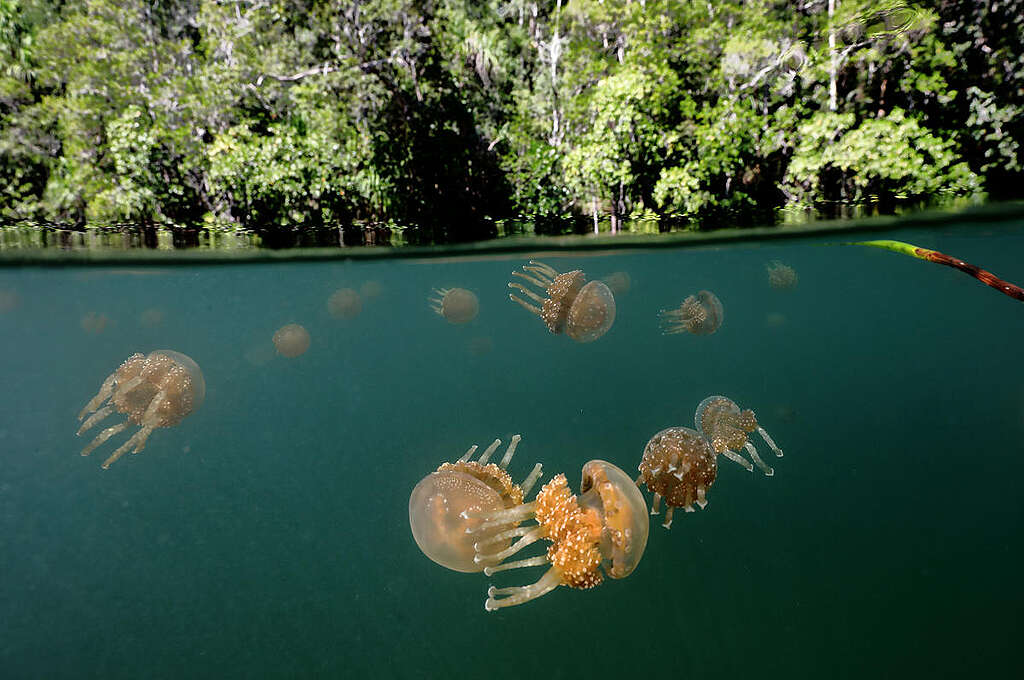A new tool tracks governments’ progress on delivering their commitments to the global biodiversity framework.

Governments from around the world will meet in Cali, Colombia, for the UN biodiversity COP16 this October. This will be the first round of global biodiversity talks since 196 governments reached the historic Kunming-Montreal Global Biodiversity Framework agreement in 2022. Referred to as the “Biodiversity Plan”, this landmark deal has real potential to stop and reverse biodiversity loss and mass extinction.
But governments’ words are only as good as their actions. And it’s up to all of us to hold them accountable.
Greenpeace International is collaborating with World Wildlife Fund to share an online tool to track governments’ progress in developing their own plans at the national level to meet the global targets of the 2022 global biodiversity framework.
The NBSAP Tracker assesses governments’ National Biodiversity Strategy and Action Plans (NBSAPs), which are the national-level plans they’ve committed to deliver as their contribution to the global biodiversity framework’s goals. Participating governments in 2022 agreed to update or revise their national-level plans – their NBSAPs – or at least submit a set of updated national targets in line with the global target in advance of COP16.
The tracker includes an interactive map, with short summaries and assessments for each country that has submitted an updated NBSAP or new targets, along with a more detailed analysis including a standardised checklist that addresses the quality of these plans and whether they are truly in line with governments’ commitments.
So far, out of the 196 parties that agreed to the global biodiversity framework in 2022, only 10% of countries have submitted their updated national plans while 33% have updated only their national targets.
At this upcoming year’s UN biodiversity COP16, governments’ updated NBSAPs – or lack of -will be a central point of focus.
Greenpeace urges governments to stick to their commitments and submit their updated national plans ahead of COP16.
Learn more about biodiversity and why protecting it matters.
An Lambrechts is a Biodiversity Policy Expert at Greenpeace International.



